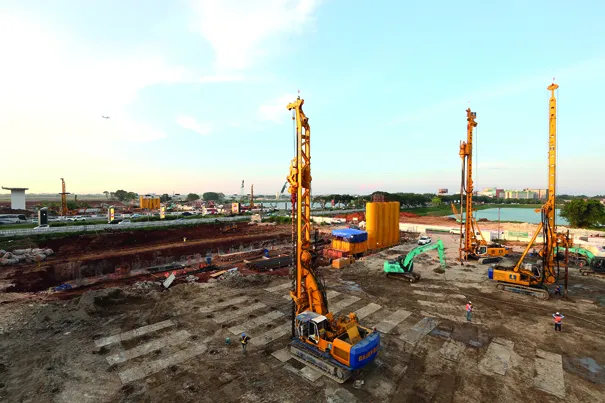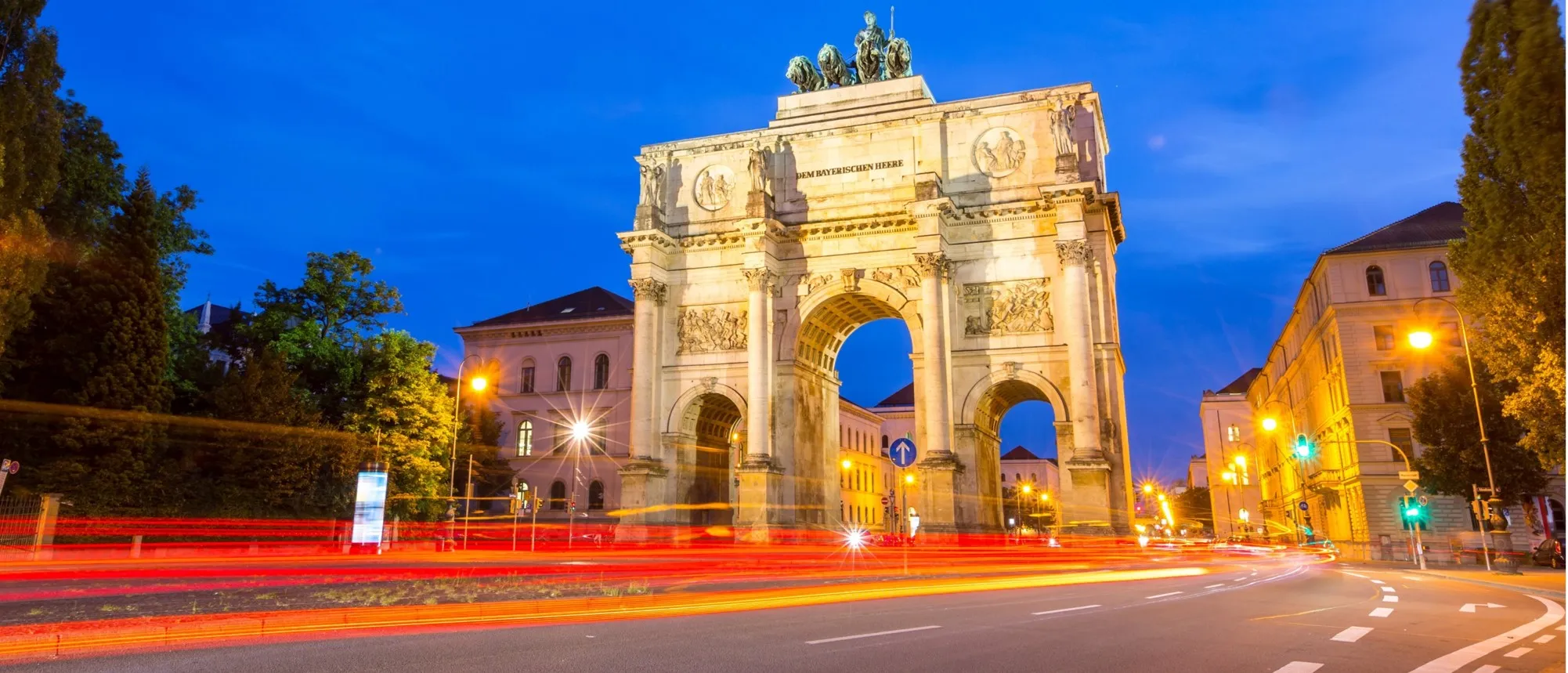A survey by oil firm Castrol reveals that Indonesia’s capital Jakarta suffers the worst traffic delays of any city in the world. Turkey’s commercial centre Istanbul comes second in the congestion study, with Mexico City in third place. Castrol’s Magnatec Stop-Start Index says that Jakarta’s drivers suffer some 33,240 stop-starts/year, equivalent to 27.22% of their total travel time being stationary.
May 22, 2015
Read time: 2 mins
A survey by oil firm 7428 Castrol reveals that Indonesia’s capital Jakarta suffers the worst traffic delays of any city in the world. Turkey’s commercial centre Istanbul comes second in the congestion study, with Mexico City in third place. Castrol’s Magnatec Stop-Start Index says that Jakarta’s drivers suffer some 33,240 stop-starts/year, equivalent to 27.22% of their total travel time being stationary.
The survey is based on data shared anonymously by millions of3972 TomTom navigation users around the world and covers 78 countries. Drivers in Istanbul suffered 32,520 stop-starts/year while those in Mexico City suffered 30,840 stop-starts/year. The next worst cities in order were Surabaya in Indonesia with 29,880, St Petersburg in Russia with 29,040, Russian capital Moscow with 28,680, Italian capital Rome with 28,680, Thai capital Bangkok with 27,480, Guadalajara in Mexico with 24,840 and Argentinian capital Buenos Aires with 23,760 stop-starts/year.
Data was not available for Manila in the Philippines, although the city is known to have severe traffic congestion and would otherwise have likely made it into this list.
Meanwhile the cities with the fewest start-stop delays in order are Tampere in Finland with 6,240, Rotterdam in The Netherlands with 6,360, Abu Dhabi in the UAE and Bratislava in Slovakia both with 6,840 and Brisbane in Australia with 6,960. Also on the list of cities with low congestion are Antwerp in Belgium with 7,080, Porto in Portugal with 7,200, Brno in the Czech Republic with 7,320, Danish capital Copenhagen with 7,440 and Kosice in Slovakia with 7,440.
The survey is based on data shared anonymously by millions of
Data was not available for Manila in the Philippines, although the city is known to have severe traffic congestion and would otherwise have likely made it into this list.
Meanwhile the cities with the fewest start-stop delays in order are Tampere in Finland with 6,240, Rotterdam in The Netherlands with 6,360, Abu Dhabi in the UAE and Bratislava in Slovakia both with 6,840 and Brisbane in Australia with 6,960. Also on the list of cities with low congestion are Antwerp in Belgium with 7,080, Porto in Portugal with 7,200, Brno in the Czech Republic with 7,320, Danish capital Copenhagen with 7,440 and Kosice in Slovakia with 7,440.







